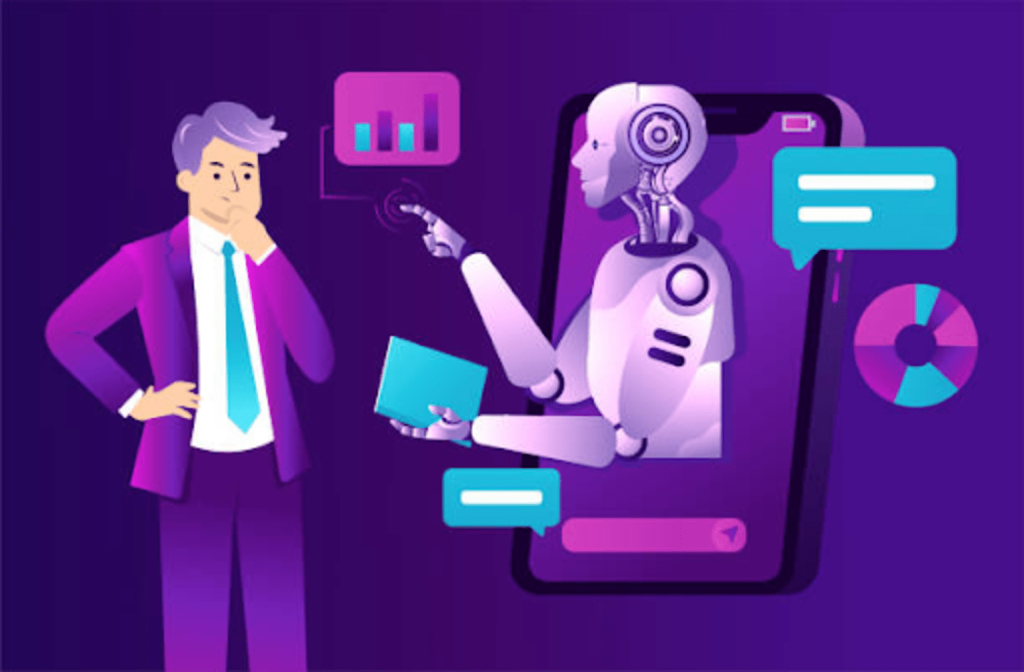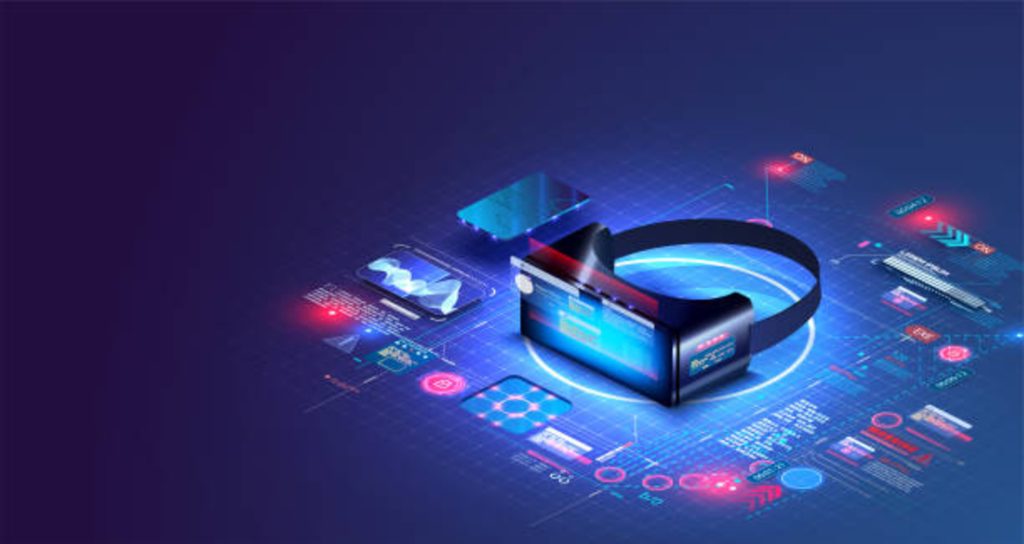
In an era dominated by digital interactions, the marriage of marketing and artificial intelligence (AI) is reshaping the landscape of the industry. As businesses strive to stay ahead in the fast-paced world of consumerism, AI emerges as a powerful tool, transforming the way brands connect with their audiences. In this blog, we’ll delve into the fascinating realm of AI in marketing, exploring its various applications, the impact it has on consumer experiences, and the future it promises for the industry.
Understanding AI in Marketing
Artificial Intelligence, the driving force behind many technological breakthroughs, has found a natural home in marketing. AI refers to the simulation of human intelligence in machines, allowing them to perform tasks that typically require human intelligence. In the marketing domain, AI is harnessed to analyze data, make predictions, automate processes, and enhance customer interactions.
Data-driven Decision Making
One of the primary contributions of AI to marketing is its ability to process vast amounts of data quickly and efficiently. Marketers are drowning in data, ranging from customer behaviors to market trends. AI algorithms can sift through this data, identifying patterns and insights that would be impossible for humans to discern. This data-driven approach enables marketers to make informed decisions, optimizing campaigns, and strategies for maximum impact.
Personalization at Scale
Gone are the days of generic marketing messages that target the masses. AI enables hyper-personalization by analyzing individual customer preferences, behaviors, and demographics. Through machine learning algorithms, marketers can create highly targeted and personalized campaigns, delivering content and promotions that resonate with specific segments of their audience. This personalization enhances customer engagement, loyalty, and ultimately, conversion rates.
Chatbots and Virtual Assistants
AI-powered chatbots and virtual assistants have become integral components of modern marketing strategies. These conversational agents, equipped with natural language processing capabilities, can engage with customers in real-time, providing instant support, answering queries, and guiding them through the buyer’s journey. This not only improves customer satisfaction but also frees up human resources to focus on more complex tasks.
Predictive Analytics
Predictive analytics, fueled by AI, empowers marketers to foresee future trends and behaviors based on historical data. By analyzing patterns and correlations, AI can predict which marketing strategies are likely to succeed, allowing businesses to allocate resources more efficiently. This foresight is invaluable in a rapidly changing market where staying ahead of the competition is a constant challenge.
Image and Video Recognition
Visual content has become a dominant force in digital marketing. AI algorithms, powered by computer vision, can analyze images and videos, extracting valuable insights. This technology enables marketers to understand how consumers interact with visual content, identify brand mentions in user-generated images, and even gauge sentiment through facial recognition. Such capabilities provide a deeper understanding of the impact of visual elements in marketing campaigns.
Impact on Customer Experience
The infusion of AI into marketing has a profound impact on the overall customer experience. Consumers today expect personalized and seamless interactions with brands, and AI plays a pivotal role in meeting these expectations.
Enhanced Customer Engagement
Through personalized recommendations, targeted advertisements, and interactive chatbots, AI enhances customer engagement by creating meaningful and relevant interactions. By understanding individual preferences and behaviors, AI ensures that customers receive content and offers tailored to their needs, fostering a sense of connection with the brand.
24/7 Accessibility
AI-powered chatbots and virtual assistants provide round-the-clock support to customers, transcending time zones and business hours. This accessibility not only improves customer satisfaction but also contributes to increased sales and conversions. A brand that is always available to address customer queries and concerns establishes trust and reliability.
Streamlined Customer Journey
AI streamlines the customer journey by automating various touchpoints. From personalized content recommendations to automated follow-up emails, AI ensures that customers move seamlessly through the sales funnel. This efficiency not only saves time for both customers and marketers but also reduces the likelihood of customers dropping out of the conversion process.
Data Security and Privacy
As AI processes vast amounts of customer data, concerns about privacy and data security come to the forefront. However, AI also plays a crucial role in enhancing data security by identifying and mitigating potential threats. Advanced encryption algorithms and anomaly detection systems powered by AI contribute to safeguarding customer information, instilling confidence in consumers regarding the responsible use of their data.
The Future of AI in Marketing
As technology continues to evolve, the future of AI in marketing holds even more exciting possibilities. Several trends are likely to shape the trajectory of AI in the marketing landscape.
AI-powered Content Creation
AI is poised to take content creation to new heights. From writing blog posts and creating social media content to generating product descriptions, AI algorithms are becoming increasingly sophisticated in mimicking human creativity. This not only accelerates the content creation process but also opens doors to innovative and personalized storytelling.
Voice Search Optimization
With the rise of virtual assistants like Siri and Alexa, voice search has become a significant trend. AI will play a pivotal role in optimizing content for voice search, as algorithms adapt to understand and respond to natural language queries. Marketers will need to tailor their strategies to accommodate the unique dynamics of voice-based interactions.
AI-driven Marketing Automation
While marketing automation is not a new concept, AI will take it to the next level by making automation more intelligent and adaptive. AI-driven marketing automation systems will learn from user behaviors, adjusting campaigns in real-time to optimize performance. This dynamic approach ensures that marketing strategies remain agile and responsive to changing market conditions.
Augmented Reality (AR) and Virtual Reality (VR) Experiences
As AR and VR technologies become more prevalent, AI will enhance the immersive experiences they offer. Marketers can leverage AI to personalize AR and VR content based on user preferences, creating virtual experiences that feel tailor-made for each individual. This level of engagement can significantly impact consumer perceptions and brand loyalty.

The integration of AI into marketing is not just a trend; it’s a transformative force reshaping the industry. From data-driven decision-making to personalized customer experiences, AI empowers marketers to navigate the complexities of the digital landscape with unprecedented efficiency. As we look to the future, the collaboration between human creativity and AI innovation promises to redefine the possibilities of marketing, creating a dynamic and adaptive environment where brands can connect with their audiences in ways previously unimaginable. The journey has just begun, and the exciting evolution of AI in marketing is set to continue captivating both marketers and consumers alike.



